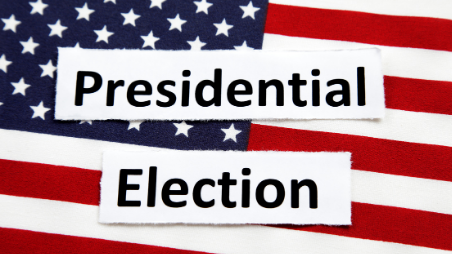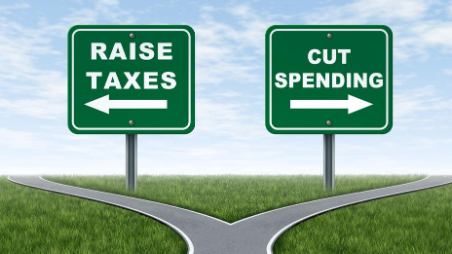With national elections just weeks away, we are getting more inquiries from clients, as well as others, about who we think will win the presidential election, and what that may mean for the markets and the economy.
A common misconception, promulgated by the current resident of 1600 Pennsylvania Ave., is that the stock market is a proxy for the economy. The only relevant connection between the economy and the market relates to the top 10% of earners who own 85% of the market’s shares. If the market is doing well, these individuals will experience a wealth effect, often evidenced by enhancements to their lifestyle. For the working stiff, the gyrations of the stock market are largely irrelevant.
For example, the Nasdaq has hit all time highs recently in the face of 25 million workers unable to gain employment. The true unemployment rate is closer to 18% when we count the discouraged, underemployed, and those who have had to take involuntary pay cuts. I can assure you that these folks are scouring the help wanted websites, not CNBC.
I’ve always felt that superimposing a presidential term over economic cycles made little sense. While there may be some loose correlation between the two, The Fed’s monetary policies, innovation and creative destruction in businesses, inflation or deflation, the strength or weakness in the U.S. Dollar, and “animal spirits” all can impact the economic cycle.
In America we have 3 coequal branches of government by design. Giving a president credit for the markets or the economy is analogous to giving a pitcher credit for pitching a perfect game, where the pitcher’s talent needs to be matched by a strong supporting defensive cast of teammates who refused to let a batter get on base. A president is constrained by the complexion of Congress. Absent majorities in both houses of Congress, a president has little hope of signing into law partisan legislation.
The Federal budget deficit (how much we spend relative to the tax revenue we take in) for FY 2020 is $3,000,000,000,000. Obviously we can’t continue like this. Taxes will have to increase in the future whomever is in office. However, it doesn’t make sense to raise them in the midst of a severe downturn like the present. So even if Administrations change, it’s not likely that taxes will go up immediately.
Then there is the matter of the markets. Although there is loose correlation between presidential terms and the economy, there is a stronger correlation with Democratic Administrations producing positive markets and shrinking deficits. This is not a prediction of the future, but the history of the last 40 years.
Every politician likes to take credit for the good times. President Jack Kennedy said it best after his Bay of Pigs fiasco – “Victory has a thousand fathers, but defeat is an orphan.”
Deprecated: preg_replace(): Passing null to parameter #3 ($subject) of type array|string is deprecated in /home/ogorek_dev_minerva/ogorek.minervawddev.com/wp-includes/kses.php on line 1805
PLEASE SEE IMPORTANT DISCLOSURE INFORMATION HERE.




